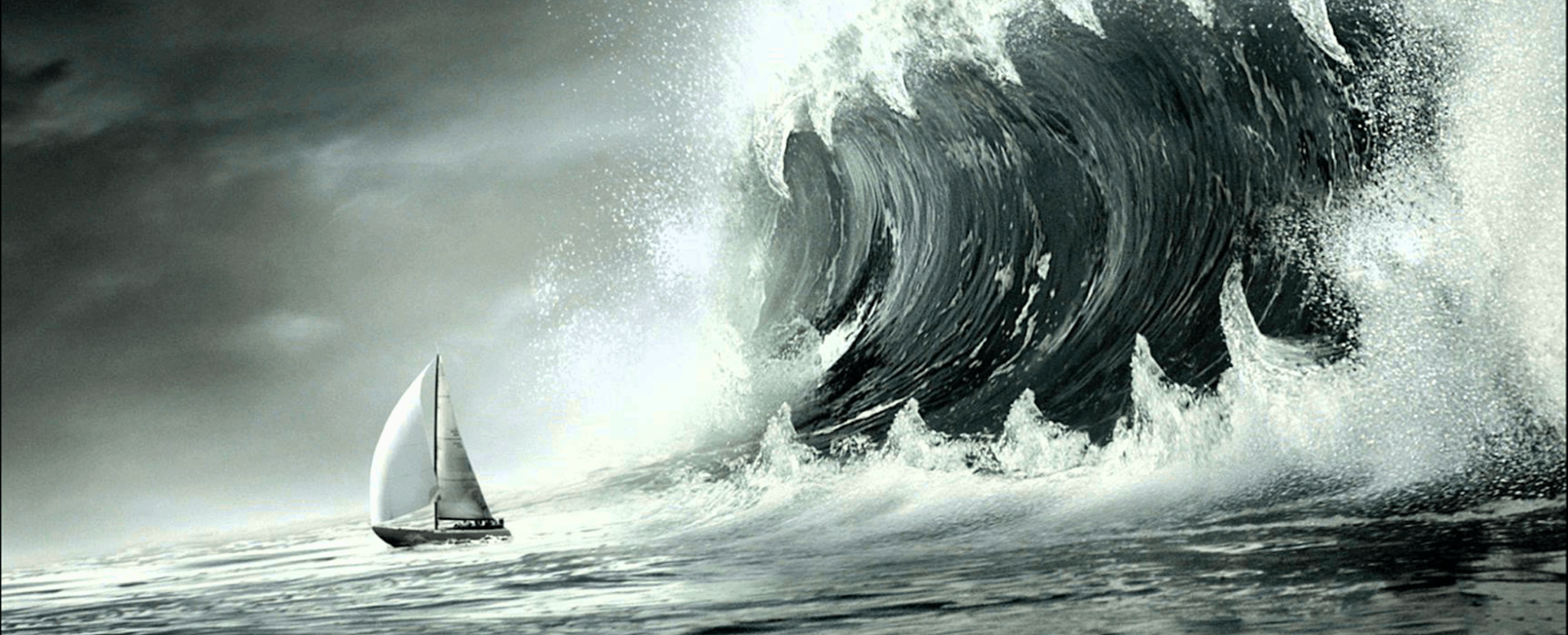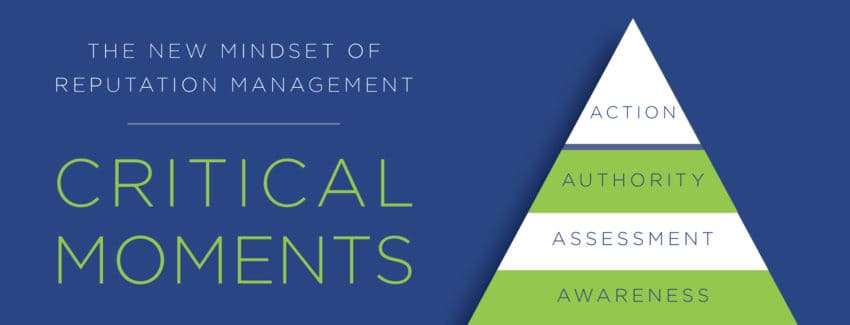Don’t be a gazelle – how to manage fear in crisis I was recently watching Animal Planet with my daughter. The show was about predators hunting their prey, in this case a lion and a herd of gazelle. Gazelles have keen hearing and a good sense of smell but sensing the lion, their immediate response...












